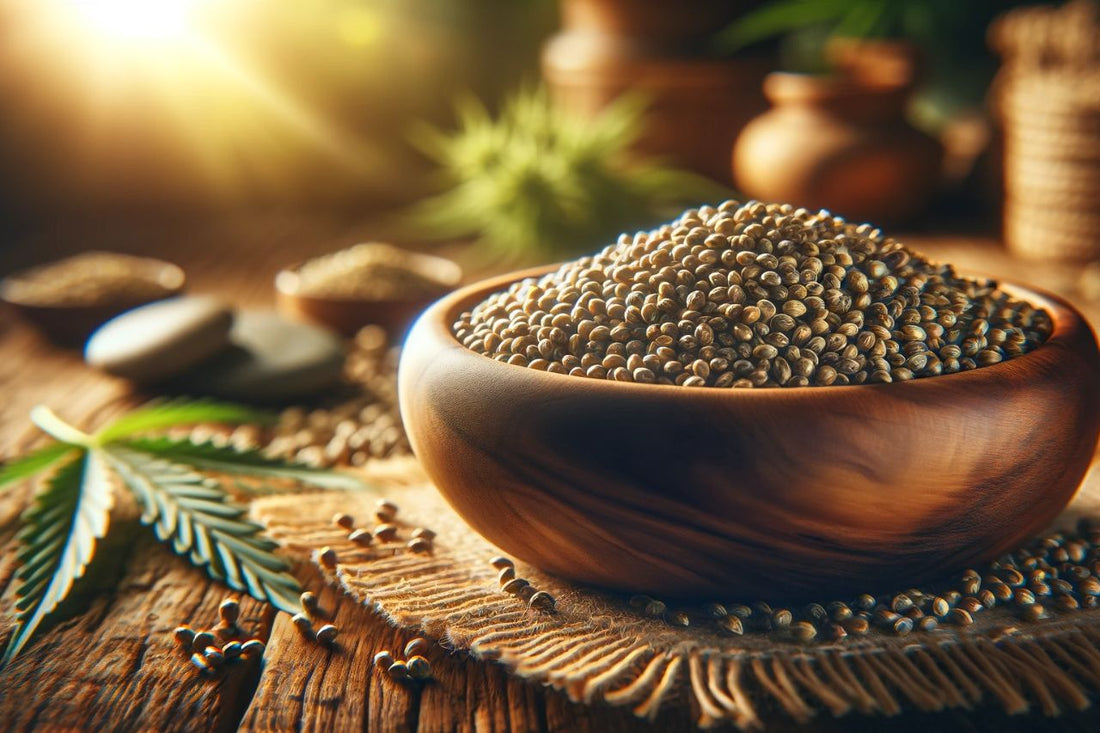The Emerging Powerhouse of Nutrition: Hemp Protein
Protein, an essential nutrient for human growth and cell repair, is traditionally associated with meat and dairy products. However, the shift towards sustainable and plant-based nutrition has spotlighted an often-overlooked source: hemp protein. Derived from the hemp plant, this protein source is not only sustainable but also versatile, offering a range of product development opportunities.
The Essential Role of Protein in Human Diet
Protein is vital for human health, comprising various amino acids, the building blocks of life. While the human body produces 11 non-essential amino acids, it relies on dietary sources for the nine essential ones. Traditionally, meat has been a popular protein source, but its environmental impact has driven a shift towards plant-based alternatives.
Why Hemp Protein Stands Out
Hemp seed, used for nourishment for over 3,000 years, is gaining attention for its protein potential. Unlike popular plant-based proteins like soy and peas, hemp was previously prohibited, limiting research and optimization. However, recent studies, including those by Cornell University, have begun to unlock hemp's potential, analyzing various cultivars for optimal protein traits.
Research Insights: Optimizing Hemp for Protein
Researchers have discovered significant variations in protein solubility and functionality among different hemp cultivars. These findings suggest that targeted development of hemp strains could enhance their use in plant-based foods, making hemp protein a more efficient and versatile ingredient.
Hemp Protein's Versatility in Product Development
Hemp protein's adaptability in product development is remarkable. It can be a key ingredient in a wide range of products, including butter, milk, powders, and breads. This versatility, combined with the increasing demand for organic, plant-based proteins, positions hemp protein as a future leader in the nutrition sector.
Sustainability: A Key Advantage of Hemp Protein
One of the most compelling arguments for hemp protein is its sustainability. Unlike livestock operations, which have a significant carbon footprint, hemp cultivation is environmentally friendly. This aspect is crucial in the current climate, where sustainability is a major consumer concern.
The Future of Hemp Protein in the Nutrition Industry
As research continues and awareness grows, hemp protein is poised to become a major player in the plant-based protein market. Its environmental benefits, combined with its nutritional value and versatility, make it an attractive option for consumers and manufacturers alike.







